Specifics of Research Papers Expertize Regarding Detection of Academic Dishonesty
DOI https://doi.org/10.17721/2522-1272.2021.78.1
UDC: 007:[001.893+001.95]
Specifics of Research Papers Expertize
Regarding Detection of Academic Dishonesty
Oksana Romakh, PhD (social communications) Institute of Journalism, Taras Shevchenko National University of Kyiv 36/1 Illienka St., Kyiv, 04119, Ukraine
ABSTRACT
The article deals with the difficult issue of plagiarism, self-plagiarism, falsification and other violations of academic integrity in the research papers, which an expert must identify. The objective of the study is to establish the specifics of scientific texts expertize for detecting academic dishonesty. To achieve this goal, we implemented an comprehensive approach, within which qualitative and quantitative methods were applied. The qualitative methods were used to study state regulatory documents, as well as internal regulations and regulations of the best universities of Ukraine in 2020 (according to the rating of the Center for International Projects “Evroostvita”); the reports of universities’ rectors. In the process of analysing, we used free coding of text segments, which can be identified as a guide/advice/specific to check the works for plagiarism. We used the quantitative methods to confirm the hypothesis about exclusive focus of universities on the percentage of originality (coincidences) of texts, as well as to establish a correlation of mentions of “percentage” and “plagiarism” as analysis units. The main result of the study is a number of tips and specifics that are worth exploring by the specialists involved in scientific texts checking in order to detect academic dishonesty.
KEYWORDS: academic integrity; plagiarism; anti-plagiarism program; percentage of coincidences.
78_1[download url=”http://www.scientific-notes.com/wp-content/uploads/2021/07/78_1.pdf” title=”Link to the article’s PDF-file”]
